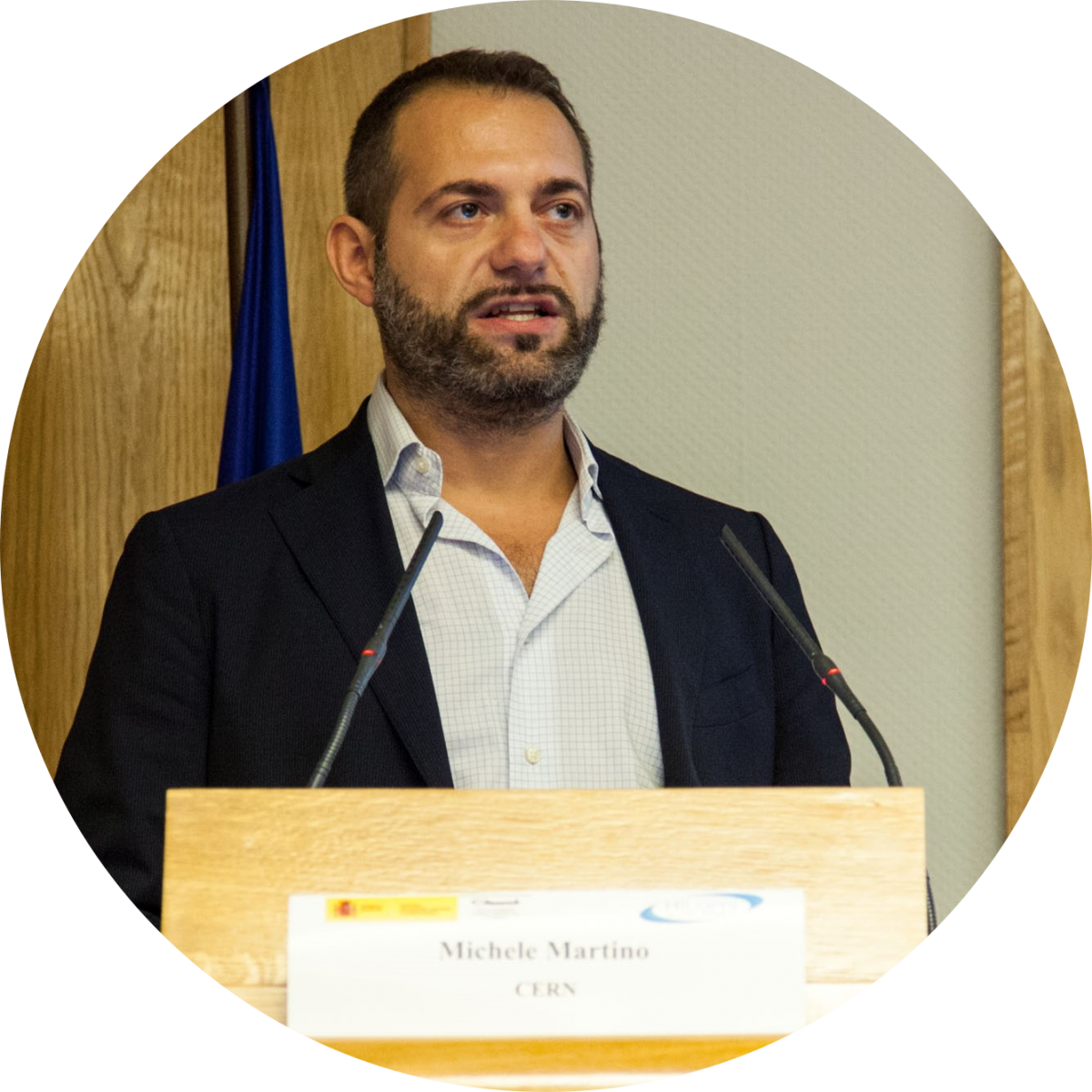Pasolini, one of Michele’s favourite film directors, once said that “the best in life are the past, the present and the future”. Michele is clear about this. “If you do not live with your mind in the past, the past only enriches you. And if you do not worry too much about the future, that is when you can really enjoy what is coming which, in fact, you cannot foresee”.
It reminds him of the Latin locution, carpe diem. This hymn to the present was conceived by the Roman poet Horace. Although Michele was born in Naples, both he and the ancient poet grew up in the region of Basilicata, in Southern Italy. A region, whose most representative town, Matera, was designated as European Capital of Culture in 2019. No wonder Michele misses the energy of that place, its flavors, its colors and the beauty that surrounds it.
At the age of 19, he returned to Naples to study electronics engineering at Università degli Studi di Napoli Federico II. Founded in 1224 by the emperor from whom it takes its name, it is the oldest state and secular university in the world. There too, Michele reoriented his career and got his PhD in electrical engineering, majoring in electrical and electronics measurement.
After an internship at CERN in 2006 and almost a year and a half working at his alma mater, Michele became a CERNie during the summer of 2010. At first, he worked with sensor and analog circuit design, modeling and simulation. Since 2017, Michele has been in charge of the WP6B, which deals with all aspects related to the warm powering of the HL-LHC.
Being part of CERN means being at many different frontiers of technology, which implies constant challenges. “There is always something you have to scratch your head about to find a solution and a new way to approach the problem”, says Michele, for whom this atmosphere is very interesting and moving.
He is not very inclined to dream big. He belongs to the carpe diem team. Perhaps, when he grows up, he will devote himself to yoga and aikidō, two of his great passions. Perhaps then he will be able to devote more time and energy to these practices that pursue vital harmony and union with our present.
“An incitement not to worry about the unknown future”, in Michele’s words. As simple as that. As difficult as that.
